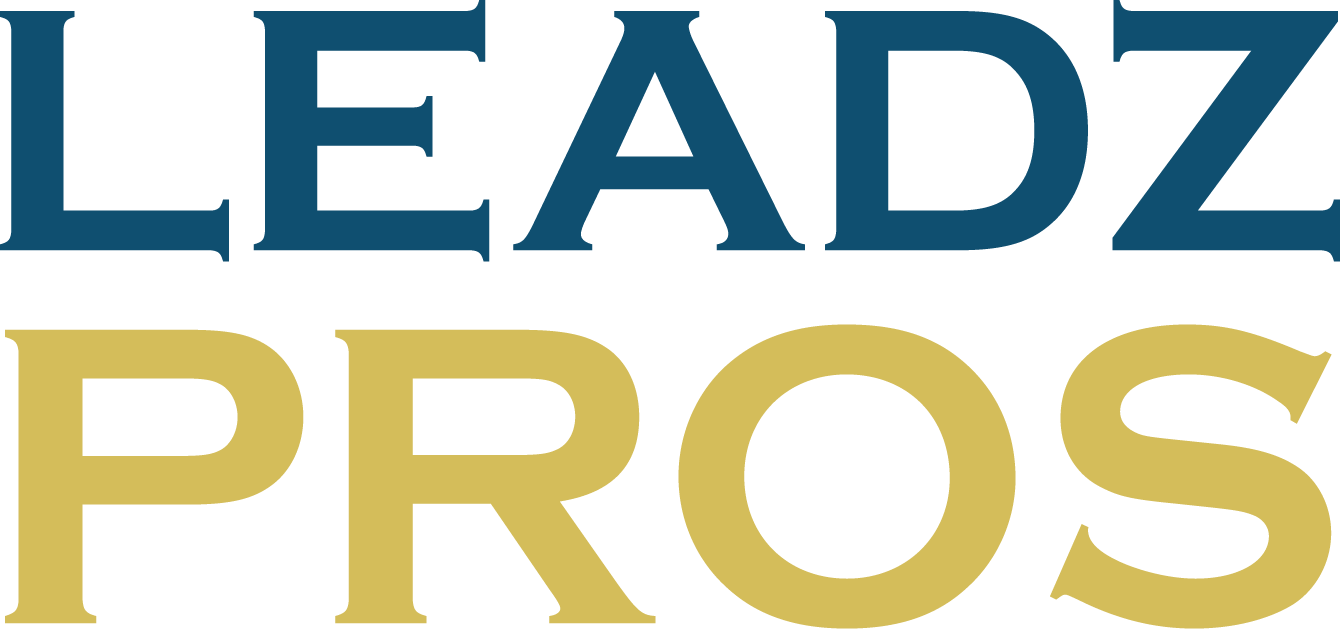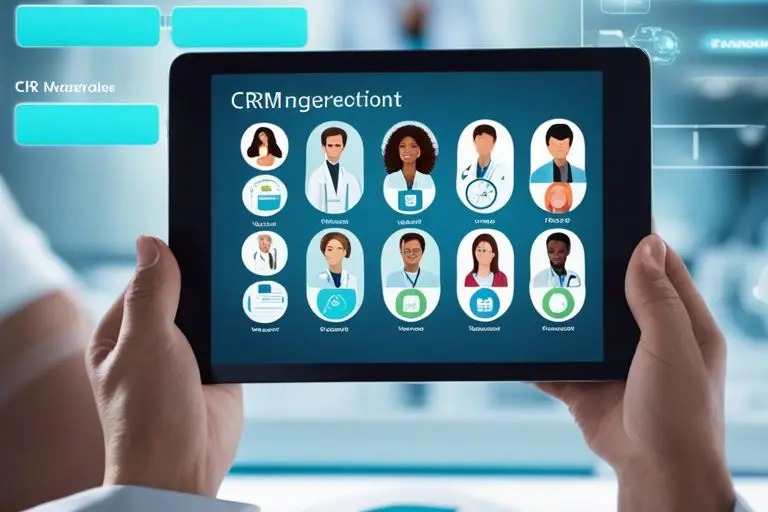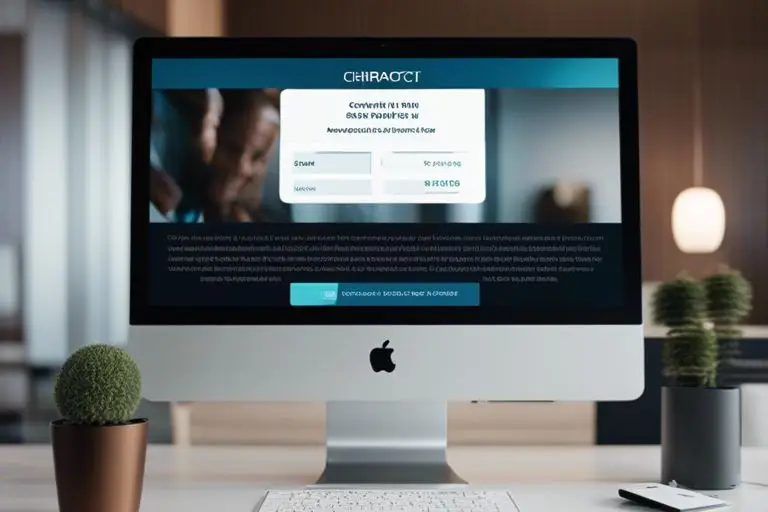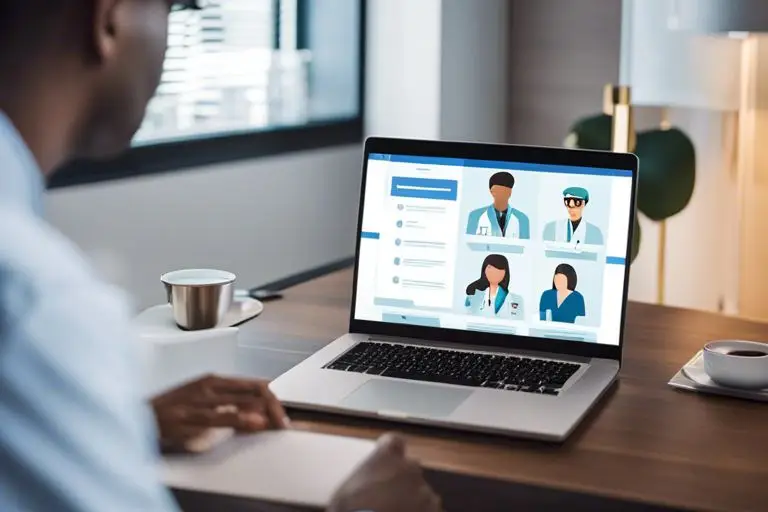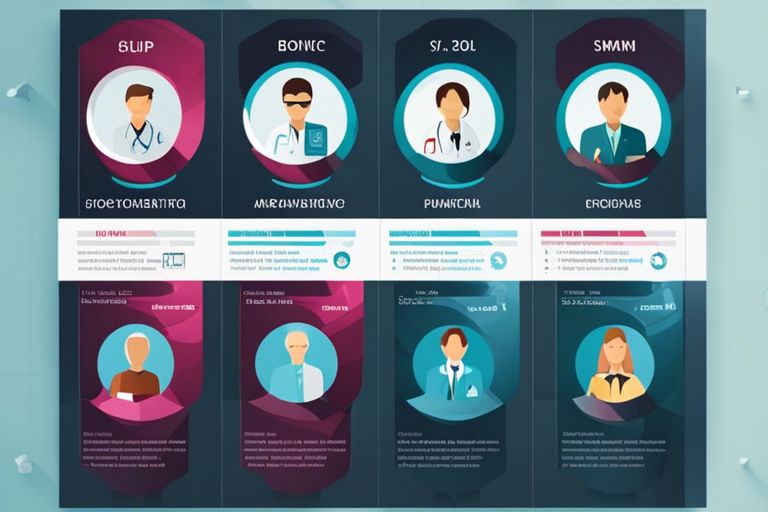With the increasing emphasis on patient-centered care in the healthcare industry, gastroenterology practices are turning to Customer Relationship Management (CRM) systems to support their growth and enhance patient loyalty. Just like Volkswagen strategically introduced the ID.4 to kickstart their EV lineup in the US, gastroenterologists can leverage CRM technology to streamline patient communication, personalize care delivery, and ultimately foster long-lasting relationships with their patients. While the US market eagerly awaited Volkswagen’s ID.7 sedan, gastroenterology practices can anticipate similar growth and success by implementing CRM solutions tailored to their unique patient engagement needs.
Understanding Customer Relationship Management (CRM)
CRM Foundations
With the advent of technology, Customer Relationship Management (CRM) has become a vital tool for businesses looking to engage and retain their customers. CRM is a strategic approach that focuses on creating and maintaining long-term relationships with customers by understanding their needs and preferences.
CRM in the Healthcare Context
Customer Relationship Management (CRM) in the healthcare industry is crucial for improving patient care and fostering loyalty. By leveraging CRM systems, healthcare providers can streamline communications, personalize patient interactions, and ensure continuity of care. This not only enhances the overall patient experience but also leads to better health outcomes.
Understanding the unique needs and preferences of patients is imperative in the healthcare sector. CRM allows healthcare providers to analyze patient data, track medical histories, and predict future health needs. By utilizing CRM tools effectively, healthcare organizations can tailor their services to meet the individual needs of patients, ultimately building lasting relationships and improving patient loyalty.

Strategies for Implementing CRM in Gastroenterology
Personalizing Patient Interactions
One of the key strategies for implementing CRM in gastroenterology is personalizing patient interactions. By utilizing CRM tools to capture and analyze patient data, healthcare providers can tailor their communications and care plans to individual patient needs. This personalized approach not only enhances patient satisfaction but also fosters long-term loyalty and trust.
Integrating CRM with Electronic Health Records (EHRs)
To streamline patient care and improve efficiencies, integrating CRM with Electronic Health Records (EHRs) is important in gastroenterology practices. By linking CRM data with patient health records, healthcare providers can gain a comprehensive view of each patient’s medical history and preferences. This integration enables more personalized and targeted care delivery, leading to better outcomes and patient satisfaction.
Personalizing patient interactions through CRM helps create a personalized experience and strengthens the patient-provider relationship. By integrating CRM with Electronic Health Records (EHRs), gastroenterology practices can optimize patient care workflows and improve overall operational efficiencies. These strategies are important for nurturing patient loyalty and enhancing the quality of care in gastroenterology.
Measuring the Impact of CRM on Patient Loyalty
All gastroenterology practices strive to nurture patient loyalty, but how can they measure the impact of their efforts? Implementing a Customer Relationship Management (CRM) system is a strategic move that can help track and enhance patient loyalty. By utilizing CRM tools such as those outlined in A Beginner’s Guide To SEO For Gastroenterologists, gastroenterologists can quantify the effectiveness of their loyalty-building strategies.
Key Performance Indicators (KPIs) for Gastroenterology Practices
Patient loyalty can be assessed through various Key Performance Indicators (KPIs) in gastroenterology practices. Metrics such as patient retention rates, frequency of visits, feedback scores, and referral rates are crucial in evaluating the success of loyalty initiatives. By analyzing these KPIs, practices can identify areas for improvement and tailor their approaches to enhance patient loyalty.
Using Data Analytics to Improve Patient Experience
KPIs play a pivotal role in using data analytics to enhance the patient experience. By leveraging analytics tools, gastroenterology practices can gain insights into patient behavior, preferences, and satisfaction levels. This data-driven approach allows practices to personalize patient interactions, improve communication, and streamline processes to ensure a positive patient experience, ultimately fostering long-term loyalty and trust.
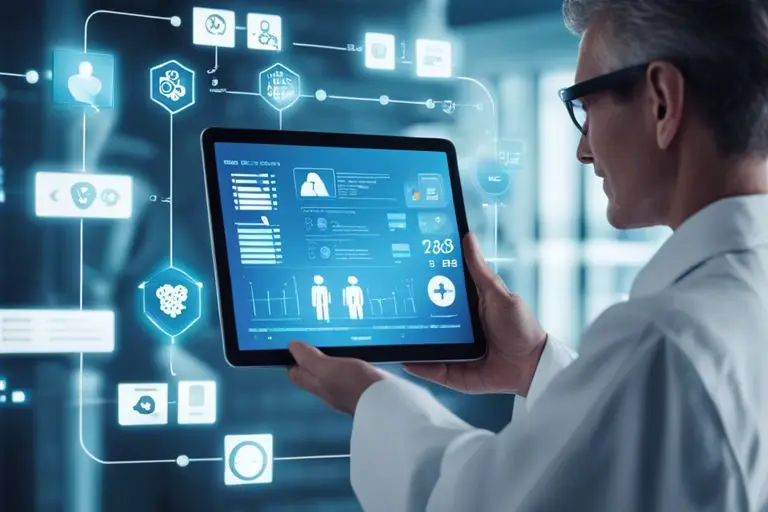
Overcoming Challenges in CRM Adoption
Addressing Privacy and Security Concerns
To ensure successful CRM adoption in healthcare, addressing privacy and security concerns is paramount. Patients entrust sensitive information to healthcare providers, making data protection a top priority. Implementing robust security measures, such as encryption and access controls, can help build trust with patients and ensure compliance with privacy regulations.
Best Practices for CRM Training and Adoption within Healthcare Teams
Any successful CRM implementation in healthcare requires comprehensive training and adoption strategies within healthcare teams. Providing training sessions tailored to the roles and responsibilities of different team members can increase proficiency and utilization of the CRM system. Additionally, assigning dedicated CRM champions within each team can foster a culture of continuous learning and support for system utilization.
Teams
Teams must understand the importance of CRM in enhancing patient experiences and driving operational efficiencies. Regular feedback mechanisms and performance evaluations can help identify opportunities for improvement and ensure that the CRM system is effectively integrated into daily workflows. Collaboration across multidisciplinary teams is crucial for maximizing the benefits of CRM in healthcare settings.
Conclusion
Following this discussion on Gastroenterology Growth – Nurturing Patient Loyalty With CRM, it is evident that implementing a Customer Relationship Management (CRM) system can significantly enhance patient loyalty in gastroenterology practices. By utilizing CRM tools to personalize patient interactions, streamline appointment scheduling, and improve communication, gastroenterologists can build stronger relationships with patients, leading to increased loyalty, satisfaction, and ultimately, practice growth. Investing in CRM technology and strategies is crucial for gastroenterologists looking to stand out in a competitive healthcare landscape and provide exceptional patient care.
